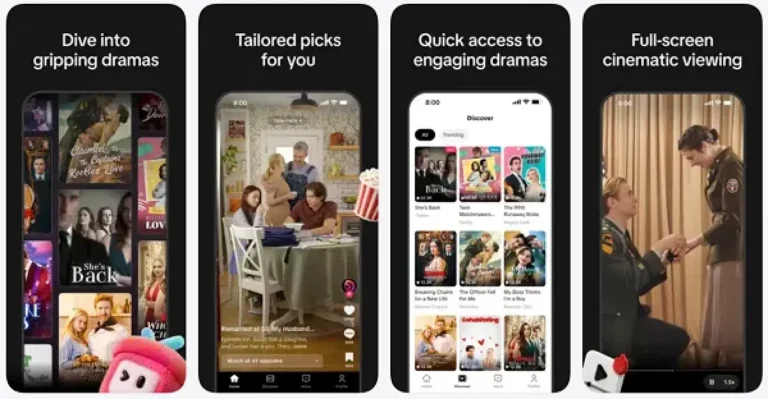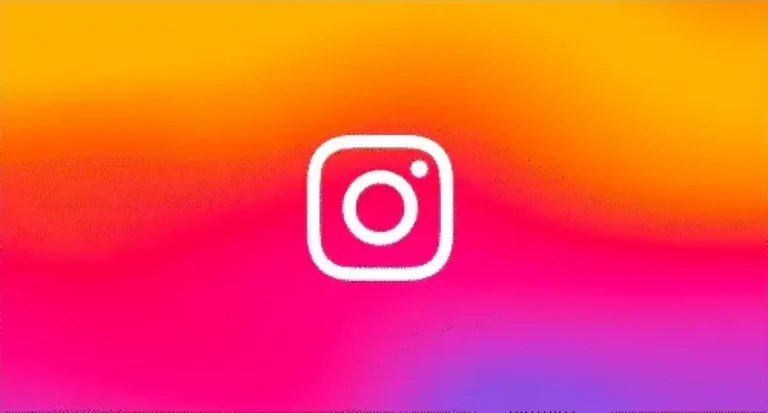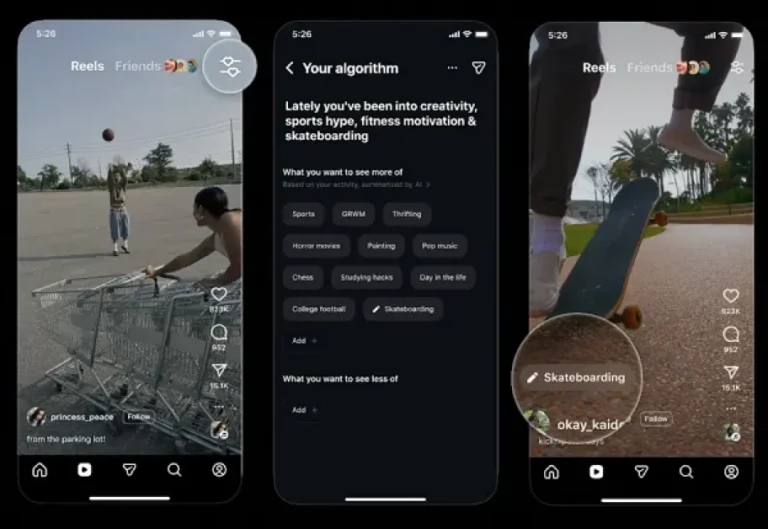This is interesting.
In his weekly Q and A on IG Stories last week, Instagram boss Adam Mosseri noted that the quality of video for Stories and Reels posts can be reduced or increased at different times based on the engagement that each video receives.
In response to a question about some older Stories looking blurry, Mosseri explained that:
“In general, we want to show the highest quality video we can when someone is watching a Story or Reel […] But if something isn’t watched for a long time, because the vast majority of views are in the beginning [after initial posting], we will move to a lower quality video, and then if it’s watched again a lot, then we’ll re-render the higher quality video.”
Mosseri also notes that if someone is accessing a video on a slow internet connection, the app will serve them a lower-quality video, so that it loads more quickly.
Which makes sense, in terms of maximizing resources to deliver the best user experience to the majority of users (i.e. if something is being viewed by more people, it should be presented in the best quality). But still, that also means that less viewed content loses out, as the reduction in playback quality will likely inhibit engagement, and compound that initial lack of views even further over time.
Which seems like an unintended side effect of the process, and something that could impact your content.
After his explanation sparked further discussion (via social media commentator Lindsey Gamble), Mosseri further noted that:
“It works at an aggregate level, not an individual viewer level. We bias to higher quality (more CPU intensive encoding and more expensive storage for bigger files) for creators who drive more views. It’s not a binary threshold, but rather a sliding scale.”
Which again means that the system inherently benefits bigger creators, which is something that Mosseri has previously claimed that he’s working to correct.
Back in April, when explaining a change to Instagram’s ranking algorithms which was designed to benefit smaller creators, Mosseri noted that:
“Smaller creators historically haven’t gotten their fair share of reach on Instagram, and we want to change that. So we’re making some changes to how we rank recommendations to give smaller creators a better chance of breaking through.”
Giving more popular creators better video quality seems to run counter to that aim, but then again, Instagram has to also consider the overall user experience.
So is this the only way?
In yet another response to his video quality explainer, Mosseri also said that:
“In practice it doesn’t seem to matter much, as the quality shift isn’t huge, and whether or not people interact with videos is way more based on the content of the video than the quality. Quality seems to be much more important to the original creator, who is more likely to delete the video if it looks poor, than to their viewers.”
Yeah, I don’t know, I don’t think that I’d be as willing to share a video that’s a bit blurry, as opposed to a higher-quality clip.
But the only person with the data here is Mosseri, and he knows the impact that this has on engagement, for both bigger and smaller creators. So we have to take his word, that the impacts are minimal, though it may also be worth noting for your metrics, that older, less popular video clips could be displayed in lower quality. Which could impact engagement.





